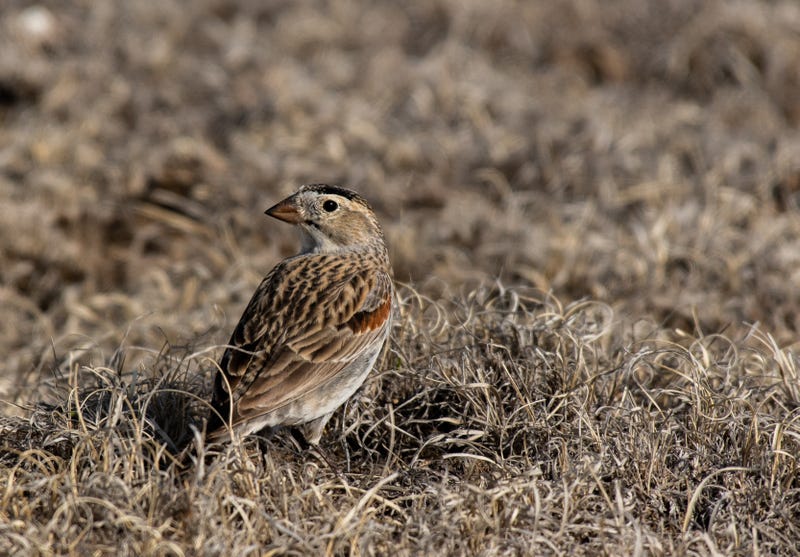
More than a century of naming conventions for birds is getting thrown out the window – including all English bird names honoring specific people – in an effort to “address past wrongs.”
This project will begin next year, according to an announcement made this week by the American Ornithological Society (AOS). It applies to all birds that fall in the society’s jurisdiction.
“There is power in a name, and some English bird names have associations with the past that continue to be exclusionary and harmful today.
We need a much more inclusive and engaging scientific process that focuses attention on the unique features and beauty of the birds themselves,” said AOS President Colleen Handel, a research wildlife biologist with the U.S.
Geological Survey in Alaska. “Everyone who loves and cares about birds should be able to enjoy and study them freely – and birds need our help now more than ever.”
Starting in 1886, the American Ornithologists’ Union began maintaining a list of English names for birds located in North America. That organization evolved into the AOS, which now also maintains a list for South American birds
“These names are widely used by schools and universities, government agencies, conservation organizations, the news media, artists and writers, birders and photographers, and many other members of the English-speaking public worldwide,” said the AOS. “These English names are often updated as scientists discover new information about the ecology and evolution of these birds.”
They have also sometimes been changed due to the historical significance of who they were named after. One example is a bird re-named the “Thick-billed Longspur” in 2020. Before its renaming, the bird was called the “McCowan Longspur” after John P. McCown, an amateur naturalist who later became a general in the Confederate Army during the U.S. Civil War. This name gave the bird a painful link to slavery and racism, said the society.
“Ornithologists have long grappled with historical and contemporary practices that contribute to the exclusion of Black, Indigenous, and other people of color, including how birds are named,” it explained.
In addition to birds named after people the AOS intends to review and change other names deemed “offensive and exclusionary,” per the society’s announcement. It plans to focus on 70 to 80 bird species in the U.S.
and Canada initially. Two-part scientific names for the birds will not be changed by the AOS initiative.
“The AOS commits to establishing a new committee to oversee the assignment of all English common names for species within the AOS’s jurisdiction; this committee will broaden participation by including a diverse representation of individuals with expertise in the social sciences, communications, ornithology, and taxonomy,” it said. Furthermore, the AOS said it is committed “actively involving the public in the process of selecting new English bird names.”
Some people criticized the move on social media, including one X user who called it “insanity.” Others were supportive of the initiative.
Those interested in the process can learn more here. AOS encourages the public to get involved, and to learn more about protecting bird populations, as North America has lost around 3 billion birds since 1970.
“As scientists, we work to eliminate bias in science. But there has been historic bias in how birds are named, and who might have a bird named in their honor. Exclusionary naming conventions developed in the 1800s, clouded by racism and misogyny, don’t work for us today, and the time has come for us to transform this process and redirect the focus to the birds, where it belongs,” said Judith Scarl, AOS Executive Director and CEO. “I am proud to be part of this new vision and am excited to work in partnership with a broad array of experts and bird lovers in creating an inclusive naming structure.”
